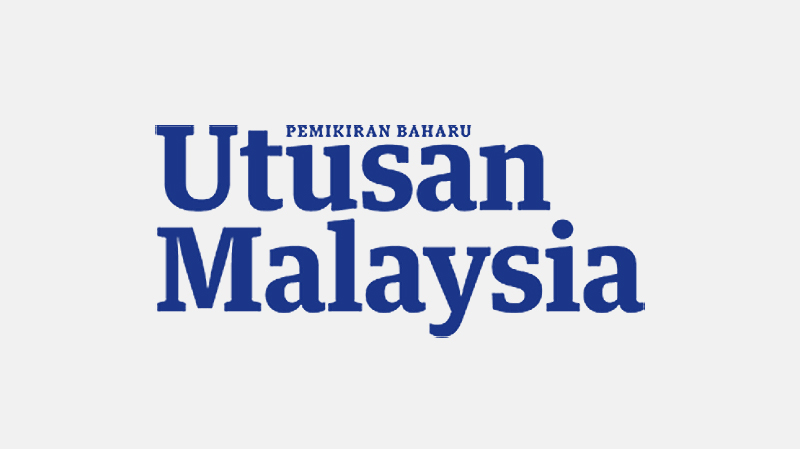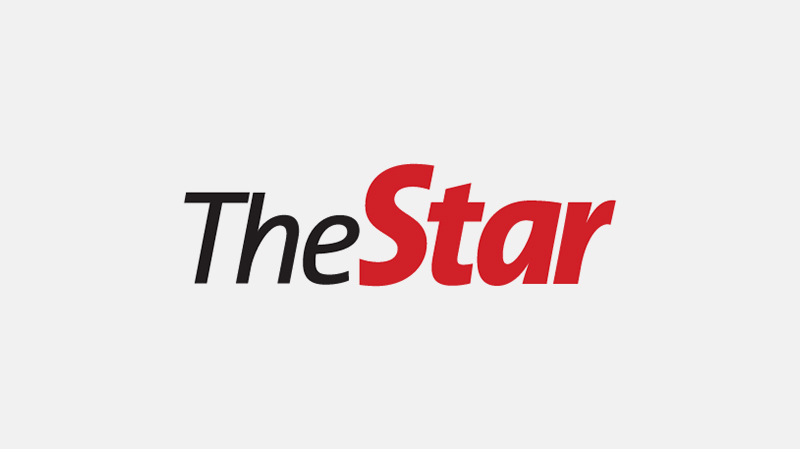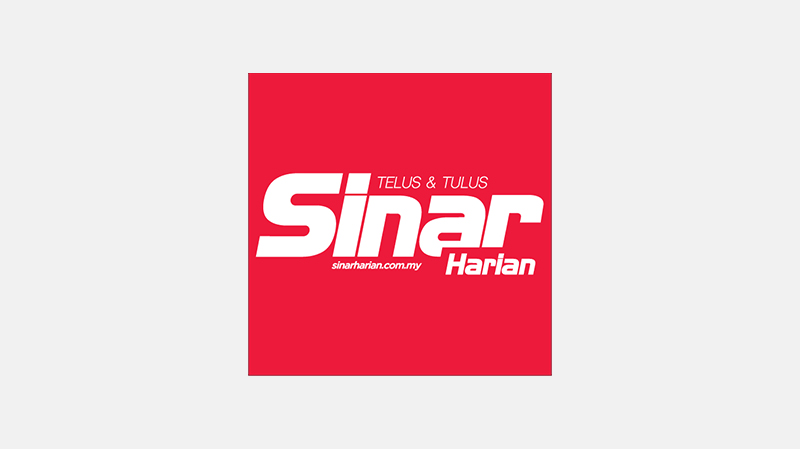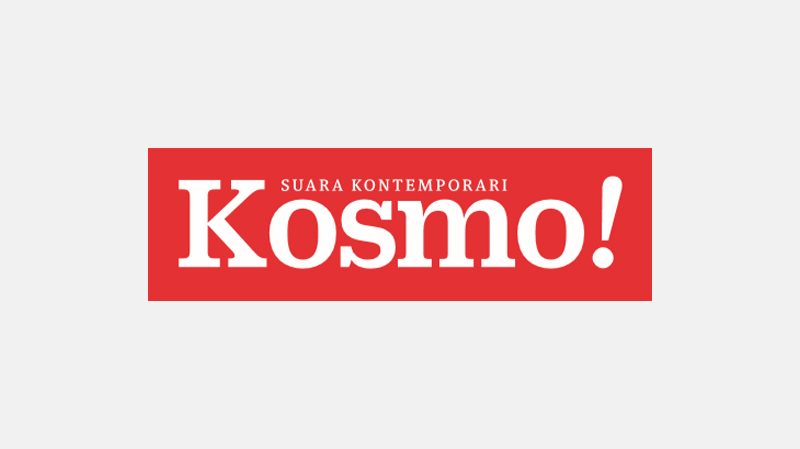The Ministry of Finance (“MOF”) issued a 2022 Pre-Budget Statement on 31.08.2021.The Pre-Budget Statement can be accessed HERE.
The Pre-Budget Statement was published by MOF to increase transparency in the drafting of the annual budget and to allow the public to have a preliminary view of what to expect in the 2022 Budget.
The Pre-Budget Statement covers the following topics:
1. Economic Outlook and Fiscal Position.
2. Tax Revenue Strategy.
3. Expenditure Strategy.
4. Focus of Budget 2022
In this article, we will focus on some of the tax revenue strategies announced in the Pre-Budget Statement.
What was announced?
According to the Pre-Budget Statement, the estimated target for tax revenue collection for 2021 is RM 162.1 billion. However, revenue collection for the first half of 2021 was lower than expected and subsequent collection is expected to decline due to the Covid-19 pandemic.
The Government is considering the following measures to increase tax revenue through increased tax compliance:
1. Implementation of a Special Voluntary Disclosure Program (“SVDP”) for indirect taxes administered by the Royal Malaysian Customs Department (“RMCD”) to encourage taxpayers to voluntarily declare any indirect tax that has not been paid, underestimated or erroneously reported to RMCD.
2. Introduction of a Tax Compliance Certificate as a pre-condition for tenderers to participate in Government procurement.
3. Implementation of the Tax Identification Number or TIN and reviewing tax treatments that have been identified as having elements of revenue leakage or harmful practices.
It was also announced that a comprehensive review of the tax incentive framework with the following objectives is ongoing:
1. Provide an incentive framework that is responsive to changes in the business environment and economic landscape.
2. Coordinate the role and focus as well as uniformity in evaluating investments by investment promotion agencies.
3. Ensure that the tax incentive framework complies with international commitments.
4. Ensure that Malaysia remains a major investment destination.
Further, a Medium-Term Revenue Strategy (“MTRS”) will be implemented to ensure that revenue through tax collection is continually managed and sustainably increased in line with Gross Domestic Product growth. A Technical and Steering Committee comprising MOF, the Economic Planning Unit, Bank Negara Malaysia, RMCD and the Inland Revenue Board (“IRB”) has been established to implement the MTRS and to publish a comprehensive report in 2022.
Comments
It is good to see that MOF is taking steps to improve transparency and promote inclusivity. The practice of releasing a pre-budget statement should be continued. A pre-budget statement would encourage debate on what is being proposed – this will help identify potential issues which can be resolved before the budget is finalised. Additionally, it will create appropriate expectations for the actual budget.
Coming back to the tax revenue strategies announced, the Government has acknowledged that tax collections so far have been lower than what was targeted. This is not surprising given the Covid-19 pandemic. Hopefully, this does not mean that pressure would be put on IRB and RMCD to increase audits and investigations merely with the aim of increasing collections to meet the target. In the case of THE GOVERNMENT OF MALAYSIA v DATUK HAJI KADIR MOHAMAD MASTAN AND ANOTHER [1993] 4 CLJ 98, the High Court recognised that the need of the Government of realise taxes has to be balanced with the need of taxpayers to be protected against arbitrary or incorrect assessments. It was also held that the Courts should:
“…bear in mind the possibility of arbitrary or incorrect assessments
brought about by fallible officers who have to fulfil the collection of
certain publicly declared targeted amounts of taxes and whose
assessments, as a result, may be influenced by the target to be achieved
rather than the correctness of the assessment…”.
The implementation of SVDP for indirect taxes administered by RMCD would probably be based on the same program conducted by IRB from 03.11.2018 to 30.09.2019. It was reported that although IRB anticipated 1 million taxpayers to participate in IRB’s SVDP, only 286,482 taxpayers participated and this led to a collection of RM 7.877 billion (in taxes, additional taxes and penalties).
There were allegations that IRB did a ‘u-turn’ by issuing letters to some taxpayers who participated in IRB’s SVDP indicating that investigation would be carried out despite IRB’s assurance that no audit or investigation would be conducted on the disclosures made. In IRB’s press release dated 09.03.2021, IRB denied that there was any ‘u-turn’ and stated that it is committed in receiving voluntary disclosures made in good faith. IRB clarified that all audits and investigations on voluntary disclosures were only done if the taxpayer failed to declare the full income, taking into account all taxable income.
Whether or not there was in fact a ‘u-turn’ by IRB in relation to IRB’s SVDP, assurance ought to be given by the Government that any disclosure made by taxpayers to RMCD under any future SVDP will be accepted in good faith and that the disclosure made would not be used as grounds to start an audit or investigation. This will dispel any skepticism that taxpayers may have in relation to any voluntary disclosure scheme. If there is skepticism, any future SVDP will not be as effective as intended since taxpayers may not be willing to participate. A balance has to be reached between safeguarding taxpayers who make voluntary declarations with genuine intentions and protecting the system from being abused by those who do not have genuine intentions. The Government should work together with the relevant professional bodies and stakeholders to come up with a system that works for all and reaches its desired outcome.
In so far as the requirement for a Tax Compliance Certificate in order to participate in Government procurement is concerned, comprehensive guidelines ought to be formulated to address issues such as:
1. the procedure to apply for a certificate;
2. the circumstances in which the tax authority can refuse to grant the certificate or revoke a certificate previously granted (for example, will a certificate be issued if the taxpayer is under audit or is currently challenging a tax assessment issued);
3. whether taxpayers can challenge a decision by the tax authority to refuse to grant, or revoke, a certificate; and
4. whether anyone will be exempt from such requirement.
In addition to all these efforts by the Government to increase tax collections, improvements should also be made to the existing tax appeal system. In the 2020 Budget Speech, the then Finance Minister YB Lim Guan Eng announced a plan to merge the Special Commissioners of Income Tax and the Customs Appeal Tribunal into the Tax Appeal Tribunal (“TAT”). The aim of the merger was said to “improve efficiency of taxpayer appeals” and it was targeted to come into effect in 2021. However, to date, the merger has not taken place and there is no mention of the establishment of the TAT in the recent Pre-Budget Statement. Hopefully, MOF can provide some clarification on what happened to this proposal and the efficiency of tax appeals is one of the matters being worked on by the Technical and Steering Committee on the MTRS.












